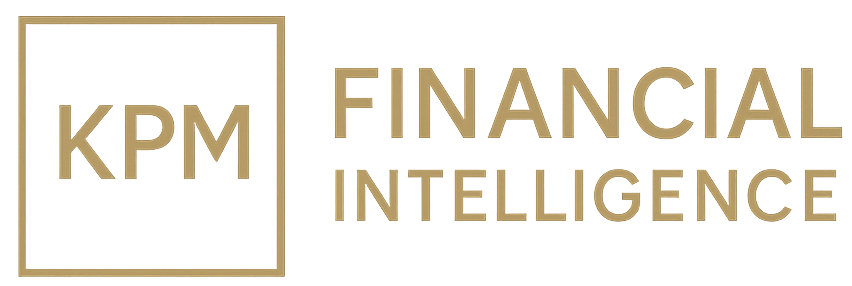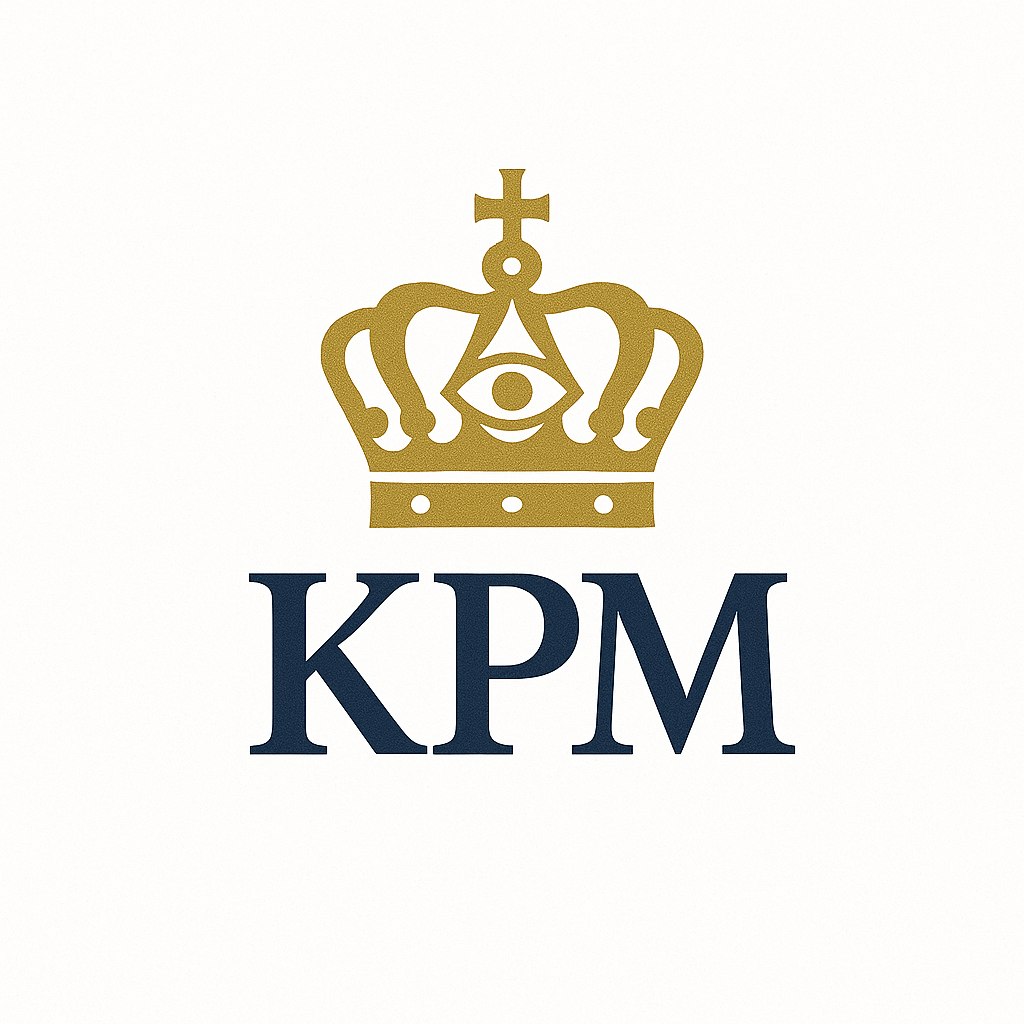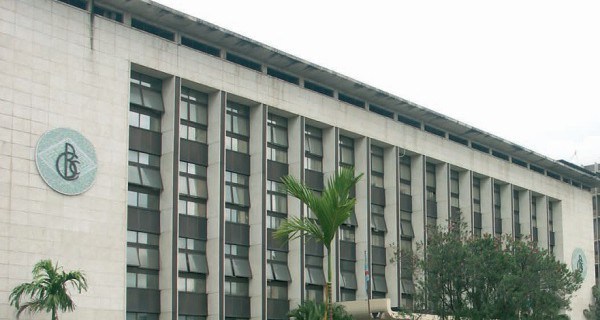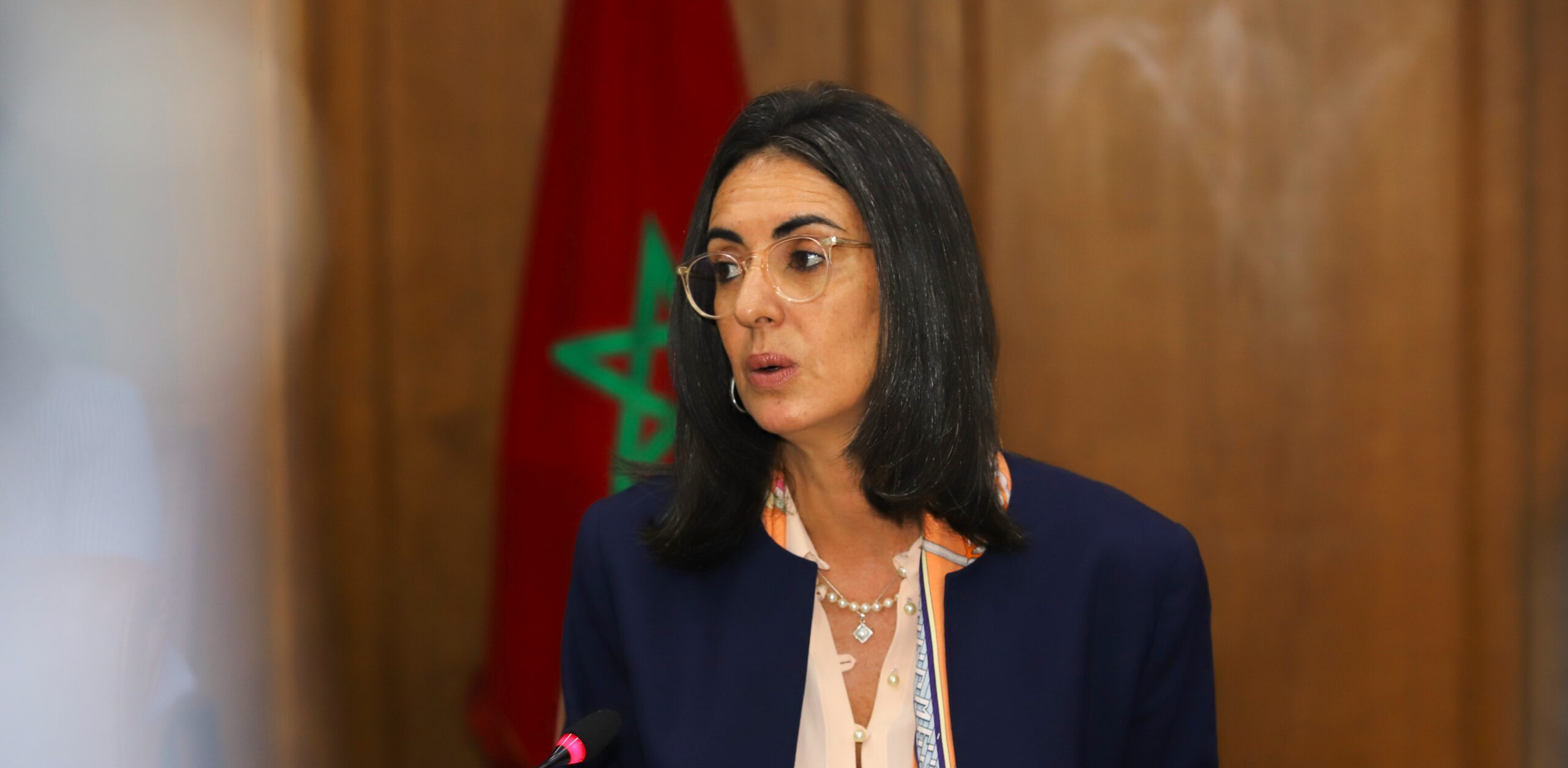Bank of Ghana Forces Transparency to Rewire Capital Markets
Ghana’s central bank is urging lenders to list on the GSE, aiming to deepen markets and rebuild credibility. With Eurobond yields near 11% (GH2031), reserves at USD 6B, and inflation under 10%, the reform could redefine Ghana’s frontier equity landscape.
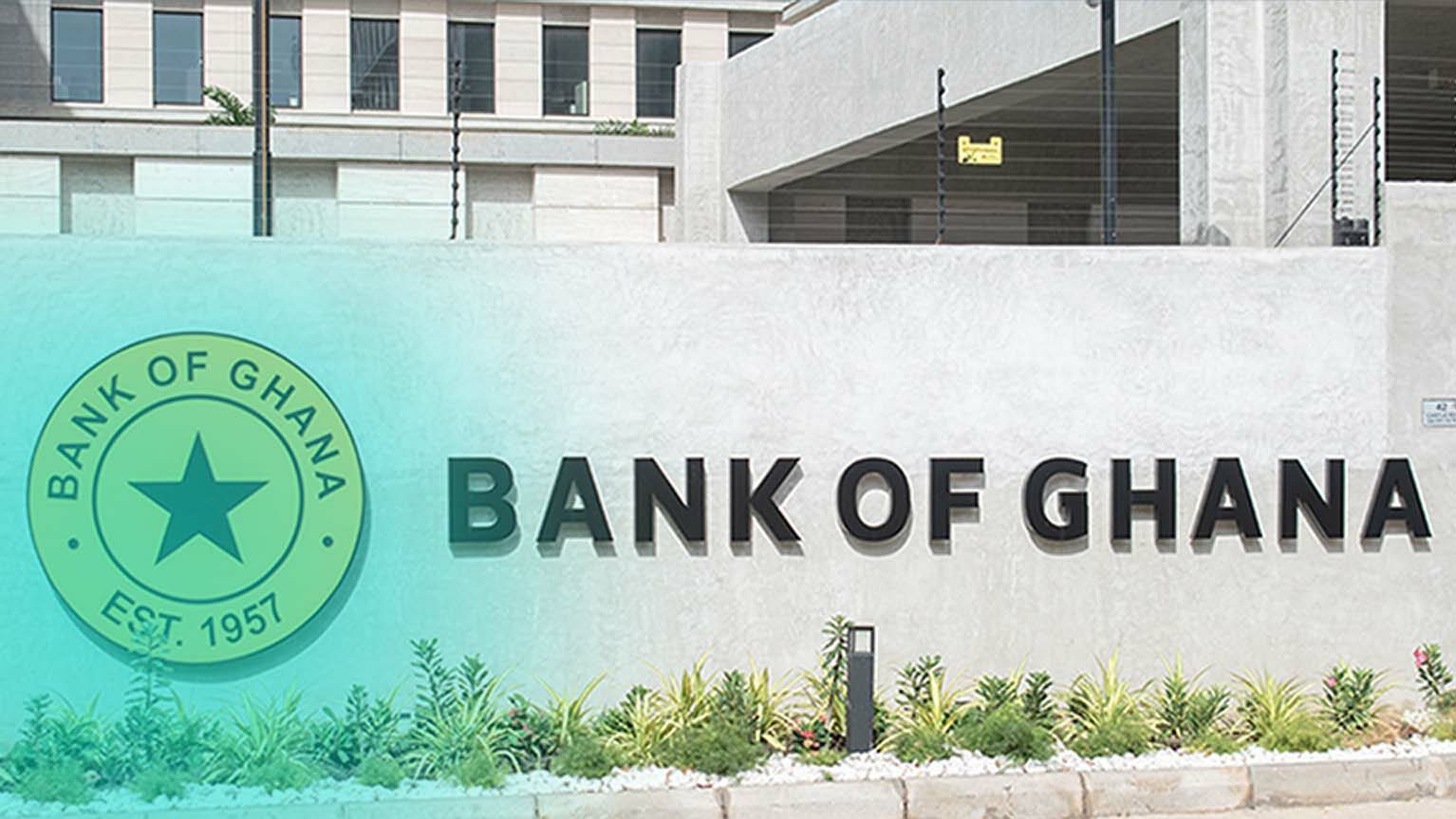
The Bank of Ghana’s renewed push for commercial banks to list on the Ghana Stock Exchange (GSE) is less a bureaucratic gesture than a bid to rewire market discipline and transparency in one of West Africa’s most reform-minded financial systems. The central bank has urged rather than mandated financial institutions to consider public listings, signaling a shift toward equity-based capitalization and improved disclosure across a sector still heavily reliant on regulatory forbearance and short-term funding.
Ghana’s banking system, with assets exceeding GHS 290 billion (≈ USD 22 billion), represents nearly 60 percent of the financial sector’s total footprint. Yet fewer than five banks are publicly listed, including GCB Bank (GSE: GCB) and Ecobank Ghana (GSE: EGH). This imbalance between systemic relevance and public participation has constrained the GSE’s liquidity profile and weakened its price-discovery function. The exchange’s total market capitalization hovers around USD 7 billion, including fixed-income instruments, underscoring how under-listing of banks limits institutional depth relative to peers in Nairobi and Lagos.
Macroeconomic conditions are supportive but fragile. Inflation is trending near 9–10 percent, GDP growth is projected at roughly 6 percent for 2025, and the fiscal deficit narrowed to 4.6 percent of GDP, according to the Ministry of Finance. Foreign reserves stand at around USD 6 billion, with the cedi (USD/GHS ≈ 15.1) broadly stable following recent Eurobond repayments and cocoa inflows. Yields on Ghana’s 2031 and 2035 Eurobonds (GH2031 ≈ 10.9 percent, GH2035 ≈ 11.2 percent) have tightened by about 50 basis points in recent months, reflecting incremental confidence in fiscal and monetary coordination.
For the GSE, the potential entry of additional banks would not merely expand capitalization but strengthen investor confidence in post-crisis governance. Following the 2018–2020 financial-sector clean-up, transparency gaps persist—especially around asset quality, capital adequacy, and related-party lending. A broader float of shares would force public disclosure of performance metrics and align valuations with international standards, similar to reforms in Kenya, where major lenders like Equity Group (NSE: EQTY) and KCB Group (NSE: KCB) dominate market liquidity, and in Nigeria, where Access Holdings (NGX: ACCESSCORP) and GTCO anchor investor confidence.
Global parallels support the rationale. In Egypt and Morocco, central-bank-driven listing campaigns have widened institutional ownership and increased systemic resilience. Equity listings improve bank capitalization buffers, attract ESG-oriented investors, and help benchmark sovereign credibility. Ghana’s case could emulate those outcomes, especially as the GSE eyes deeper integration with the West African Monetary Zone’s cross-border capital framework.
Yet, implementation will determine the policy’s credibility. Mandating listings is politically and operationally complex. Resistance from existing shareholders, family-owned banks, and politically linked investors may limit participation. Liquidity on the GSE remains thin, averaging daily turnovers below GHS 4 million (≈ USD 260,000), making post-listing performance uncertain. The central bank’s challenge will be coupling the listing directive with incentives—such as preferential access to foreign exchange, reduced reserve requirements, or tax reliefs—to make compliance economically rational.
For global investors, the initiative signals a broader frontier-market shift from credit reliance to equity-driven intermediation. As global yields normalize—U.S. 10-year Treasury (^TNX) around 4.35 percent and the Dollar Index (DXY: DX-Y.NYB) steady near 105.7—frontier equity stories regain relevance for diversification. Ghana’s 2031 Eurobond spread over the U.S. benchmark remains near 650 basis points, suggesting that deeper equity participation could gradually compress sovereign risk premiums.
Frontier-market ETFs such as the iShares MSCI Frontier and Select EM ETF (NYSEARCA: FM) and VanEck Africa Index ETF (NYSEARCA: AFK) continue to underweight Ghana due to liquidity constraints. A wave of new banking listings could reverse that pattern, allowing the GSE to attract institutional inflows comparable to Kenya’s and Nigeria’s equity markets.
Ultimately, the BoG’s listing initiative is not just financial housekeeping—it’s a credibility exercise. If implemented effectively, it could realign Ghana’s financial architecture toward transparency and capital-market depth. But success will depend on whether regulatory ambition meets market readiness. For now, global investors are watching not for announcements, but for action.
